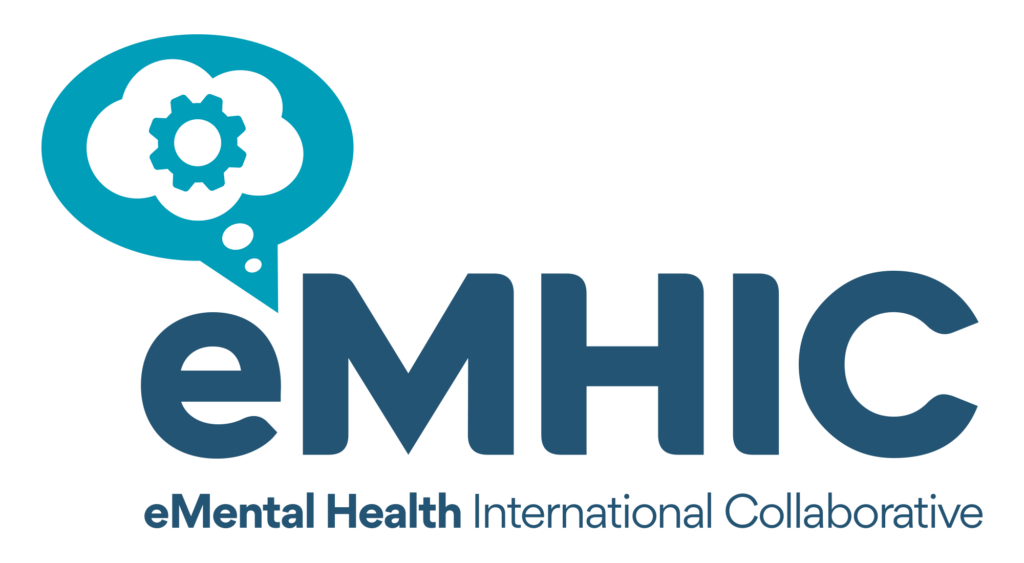Understanding the Impact of Substance Use Disorder in the Workplace
Substance Use Disorder (SUD) affects hundreds of millions of people globally, impacting their work lives, and prompting businesses to seek proactive ways to support employee well-being. Fostering a psychologically safe workplace environment, namely, one where employees feel secure expressing themselves without fear of judgement, retaliation, or negative consequences can significantly enhance employee health and productivity.1 As daily stresses and global challenges increasingly impact mental health, creating a supportive work environment has become more essential than ever. These are the facts:
- More than 460 million people worldwide suffer from a form of SUD2
- 70% of the negative health impact associated with SUD stems from opioid drug use3
- 71% of global drug-related deaths are connected to opioid drug use4
- Only 1 in 7 people get the treatment they need for SUD, highlighting a significant gap in access to effective care and recovery support5
- 1 in 11 workers in the U.S. suffer from untreated SUD, leading to absenteeism, lower productivity, and increased healthcare costs6
What Is a Recovery-Friendly Workplace (RFW)?
A Recovery-Friendly Workplace is an organization committed to creating a safe, supportive, and stigma-free environment for employees in recovery. Through education, supportive policies, and access to resources, being a certified RFW encourages employees to seek help and offers the necessary support to create a culture of health and resilience.
What Is Psychological Safety, and Why Does It Matter?
Psychological safety refers to a workplace environment where individuals feel comfortable expressing their thoughts, concerns, or mistakes without fear of negative consequences. A psychologically safe environment encourages openness, fosters trust, and promotes a supportive culture that benefits everyone. When employees feel secure in their workplace, they are more likely to seek help early, communicate openly, and contribute fully to their roles.
The Importance of Becoming Recovery-Friendly
For business leaders investing in cultivating resilience, innovation, and employee retention, establishing a commitment to employee well-being and psychological safety can significantly enhance workplace culture, employee wellness, and sustainable growth. As one of the first U.S.-certified Recovery-Friendly Workplaces, GoMo Health is advancing global awareness by sharing educational tools and guiding organizations in creating supportive, growth-focused workplaces that empower both supervisors and employees.
GoMo Health, a recognized innovator in digital behavioral health, has become one of the first certified Recovery-Friendly Workplaces (RFW) in the United States. Building on this achievement, GoMo Health developed the Recovery Pathways Workplace™ program—a digital e-mental health toolkit designed to simplify the certification process for businesses worldwide.
Achieving Recovery-Friendly Workplace Certification
To make the certification path easier for businesses everywhere, the GoMo Health digital e-mental health toolkit is now available. This toolkit is rooted in the proven BehavioralRx® engagement model and streamlines the national certification process for companies seeking certification from the National Recovery Friendly Workplace Institute. The toolkit features comprehensive mobile-based training modules for supervisors, providing real-time support and resources to guide employees through recovery and offer assistance to their families.
Why Workplace Certification is Vital
The recent call by The White House for businesses to become certified recovery-friendly workplaces underscores the urgency of this initiative. As Dr. Rahul Gupta, Director of The White House Office of National Drug Control Policy, stated, “Employers play a critical role in supporting the recovery journey… We call on all employers to join our whole-of-society efforts to be a more recovery-ready nation.”7
This leadership in the space, along with the availability of the globally recognized toolkit to make this certification process more streamlined for all employers, provides businesses with an opportunity to step up and meet this call. It strengthens organizations by building a culture of care, trust, and resilience. Businesses that do not address these challenges face significant financial and operational consequences. On the other hand, research shows that workplaces that support employee psychological safety and recovery, experience dramatic improvements in employee retention, job satisfaction, and overall productivity.8
The economic toll of untreated SUD is severe, but the solution is clear: it’s time to act. Certified workplaces are not only reducing the impact of SUD on their operations, but they are also seeing real financial benefits. Employees in recovery miss, on average,13.7 fewer days per year compared to those with untreated SUD, and businesses save an average of $8,500 annually associated with every employee who recovers.9
“Business leaders are facing unprecedented challenges brought on by the pandemic, and an influx of SUD is among the most pressing. Our national recovery from the pandemic depends on employers playing a robust role. Ensuring they address substance misuse is among the most significant ways they can assist, not to mention one of the greatest ways they can directly support their employees, who are fueling our nation,” says Lorraine M. Martin, President and CEO of the National Safety Council10. Beyond the numbers, becoming a certified Recovery-Friendly Workplace is essential for supporting today’s workforce, empowering employees to seek help early and preventing more serious health and performance issues down the road.
The Benefits of a Recovery Support Program in Action: Case Study
This case study highlights the largest drug and alcohol addiction treatment center in Montana, Rimrock, which provides comprehensive care for adults facing substance use and co-occurring disorders. Recognizing addiction as a whole-person illness that affects an individual’s emotional, physical, spiritual, and social well-being. Rimrock partnered with GoMo Health to develop Recovery Pathways, a digital care management program that complements Rimrock’s in-person treatment, supporting individuals with a SUD diagnosis throughout their recovery journey.
“Recovery Pathways is the result of all three branches of government working together with the best private sector treatment providers and cutting-edge technology to treat addiction as it should be treated,” notes Montana Governor Greg Gianforte. The program has successfully empowered participants with the tools and resources to live a healthier life, manage daily living and increase employment. “Early recovery feels lonely, and I believe that Recovery Pathways really delivers a way for our clients not to feel lonely on this journey. I wish I had this program (when I was in treatment),” says Annette Redding, Director of Peer Support and Rimrock Treatment Program Graduate.
Program outcomes include:
- 6 X Improvement of safety of current living environments
- 350% Increase in feelings of belongingness
- 180% Increase of better relationships with family members
- 48.6% Improvement in full-time employment (40 hours per week)
- 10% Relapse rate, compared to a national rate of 40-60%
Why Employers Need to Be Proactive
Employers who invest in supporting SUD recovery save on healthcare costs, and reduce absenteeism, while encouraging a loyal, engaged workforce.
- 93% of participants in the Recovery Pathways: Workplace program reported that it helped them manage their daily lives better
- 71% of those participants reported feeling more supported
- 54% of program participants saw an increase in full-time employment, further proving the effectiveness of recovery-support initiatives.
Recovery-friendly workplaces see better outcomes for both employees and employers. For businesses looking to make a meaningful impact on their workforce, adopting this certification and leveraging the digital toolkit is a strategic, forward-thinking step toward a healthier, more productive future. Connect with GoMo Health today to take the first step in becoming a certified Recovery Friendly Workplace.
References
- World Health Organization. Mental Health in the Workplace. WHO, 2022.
- UN Office on Drugs and Crime. World Drug Report 2023. UNODC, 2023.
- Substance Abuse and Mental Health Services Administration. The Opioid Crisis and the Workplace. SAMHSA, 2022.
- United Nations Office on Drugs and Crime. World Drug Report 2023. UNODC, 2023.
- National Institute on Drug Abuse. Treatment and Recovery Statistics. NIDA, 2023.
- American Addiction Centers. Substance Use Disorder in the Workplace. AAC, 2023.
- White House Office of National Drug Control Policy. Statement by Dr. Rahul Gupta. ONDCP, 2023.
- National Safety Council. The Case for Recovery-Friendly Workplaces. NSC, 2023.
- Partnership for Drug-Free Kids. Substance Use Disorders and Economic Impact. Drug-Free Kids, 2023.
- National Safety Council. The Importance of Recovery-Friendly Workplaces. NSC, 2023.




